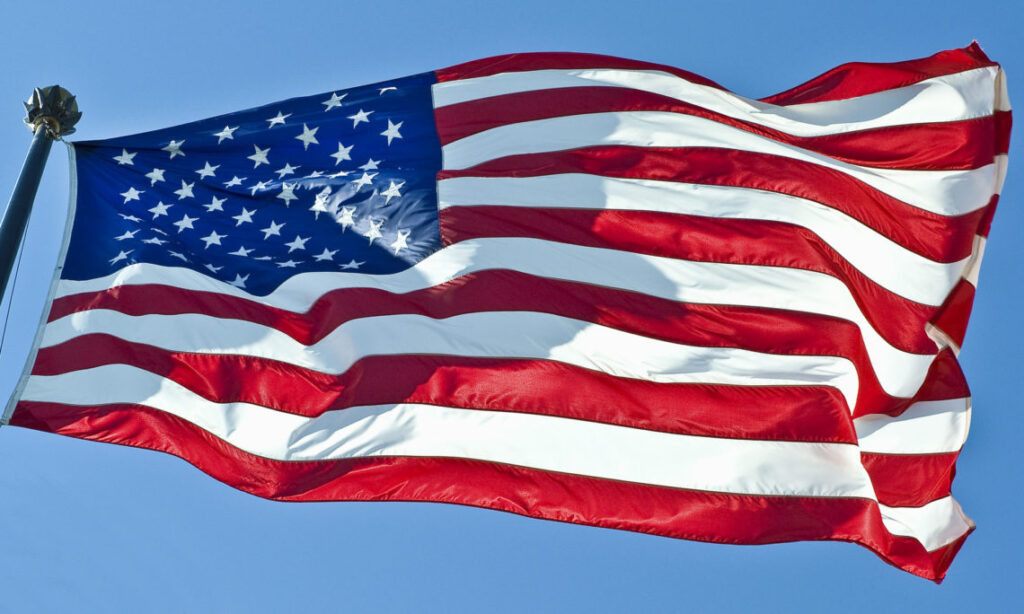There are few things in this world more valuable than freedom. Our country was built on the idea that “We hold these truths to be self-evident, that all men are created equal, that they are endowed by their Creator with certain unalienable rights, that among these are life, liberty and the pursuit of happiness.”

Freedom is simply the ability to do whatever you want to do. The problem is that we can’t live like that. If someone wants to live in your house, and you don’t want them there, that creates a problem. So we need rules to live by, and that means that as a society we create laws. Here is where we get into the concept of liberty. Liberty is a responsible use of freedom, limited by our laws, in such a way that no one else is deprived of their freedom.
So all the conflicts that we argue about endlessly in political discussions are not really about freedom, but rather about liberty. The questions we raise are not about whether our freedom should be constrained, but by how much?

Should the freedom to bear arms be limited? Should the freedom to have an abortion be restricted? Should hate speech be allowed? Should we have the freedom to go unvaccinated? All these are legitimate questions with individuals lining up on both sides. Our politicians and judges are faced with making decisions about all these issues and more.
We have developed camps that reflect common views on lots of issues. Liberals focus on equality as a requirement for freedom. Libertarians (an interesting name) see individual freedom as the most important concern. The Tea Party wants to reduce the size of government. Originalist conservatives are concerned with the understanding that the founders had when they wrote the constitution. Other conservatives want to do whatever is possible to strengthen their traditional views of the family and corresponding values. In the course of developing our liberties, because we have people on all sides of the arguments, some groups will always feel that their individual freedoms are being unduly limited.
It would be impossible to make laws that cover all types of human behavior. We all have an unwritten expectation that people will follow certain behavioral norms. I have a friend who was in a graduate program for Nurse Practitioners, and during a lecture, one of his classmates took off their shoes and socks and began clipping their toenails. It was gross. Everyone in the class stared, but no one said anything.
I just read about a group of Proud Boys who were yelling at seven year olds in a library at an LGBT story-time event. The children were scared and confused. I don’t think we can legislate where you can clip toenails or where you can exercise free speech. But we can create expectations for behavior, including civil discourse and common courtesy.

Christians have an interesting perspective to bring to this discussion. While many of our political discussions attempt to show that the other side is wrong, and to achieve our own objectives, Jesus focused on how to improve the lives of others, rather than that of ourselves. “Do unto others as you would have them do unto you.” (Matt. 7:12) “set at liberty those who are oppressed” (Luke 4:18-19) “Love your enemies and pray for those who persecute you” (Matt. 5:44-45), “Blessed are the peacemakers, for they shall be called sons of God” (Matt. 5:9). In general, he showed a loving concern for one’s neighbor, and emphasized forgiveness of others (“For if you forgive others their trespasses, your heavenly Father will also forgive you, 15 but if you do not forgive others, neither will your Father forgive your trespasses. Matt. 6: 14-15). His focus over and over again was on the worth of every person, because they were created by God.
The values that Jesus showed don’t show up very often in our public debate. Instead, we attempt to restrict others, we act to denigrate those who don’t hold our opinions, and we emphasize differences instead of similarities. The other side is often demonized, not treated as children of sacred worth.
When we act selfishly, we end up imposing more limits on our liberties. If we could trust each other to act in ways that were accepting of those who thought differently from us, we would paradoxically end up with more freedom. This is not immediately apparent, but the more forcefully one side pushes an issue, the more their liberties will be limited. More tolerance equates to more freedom.

